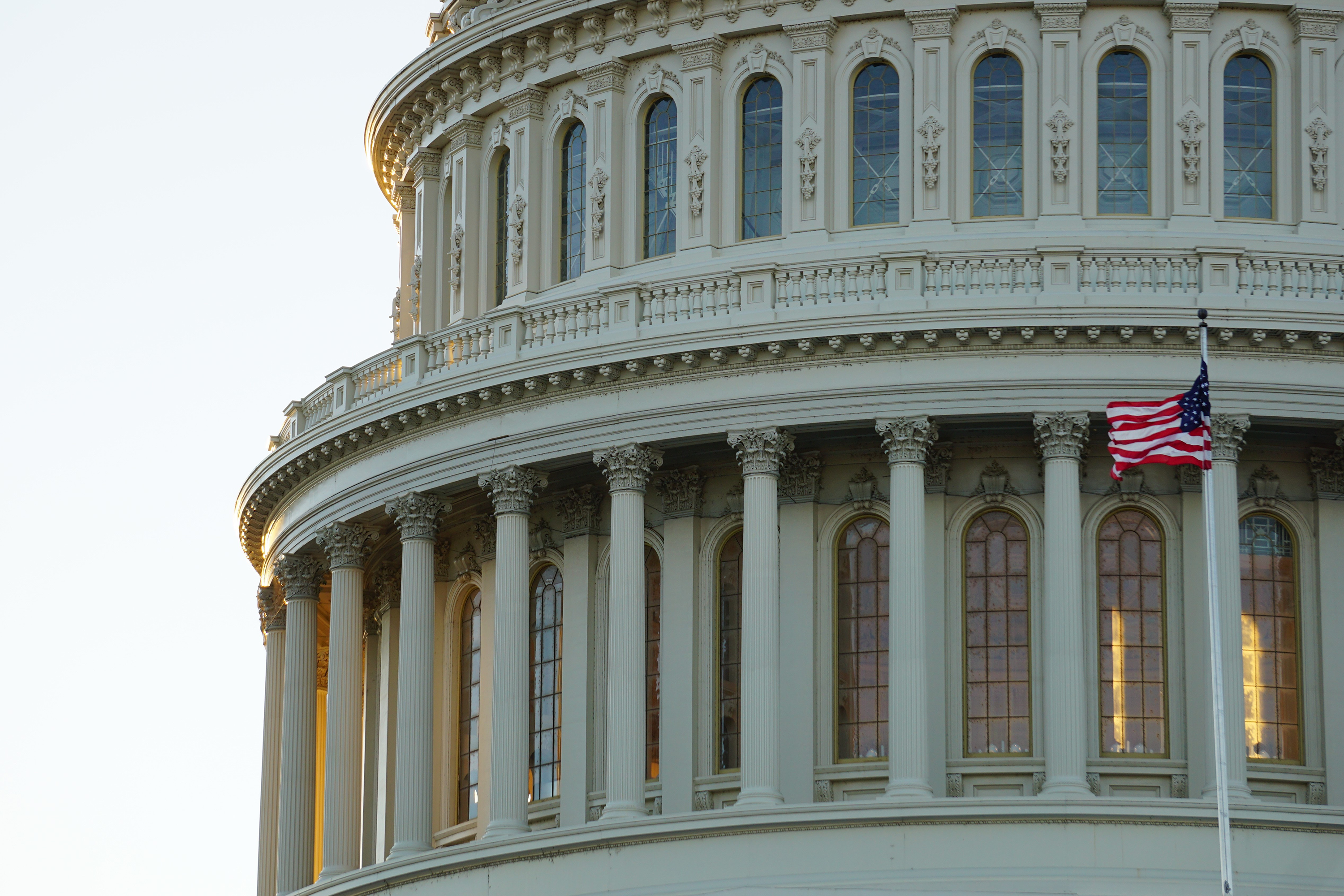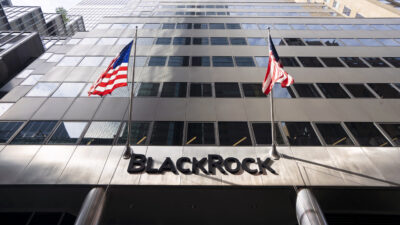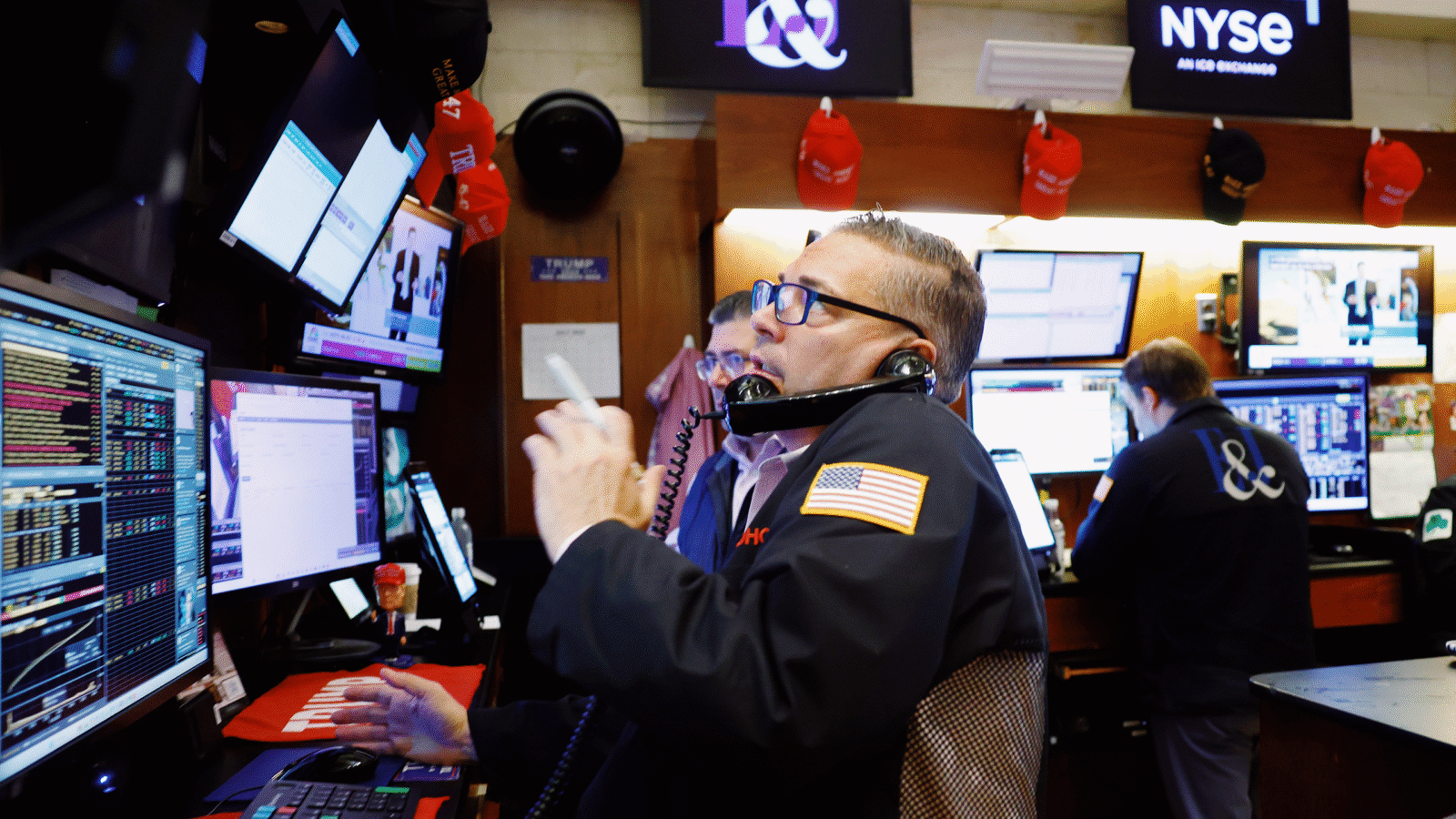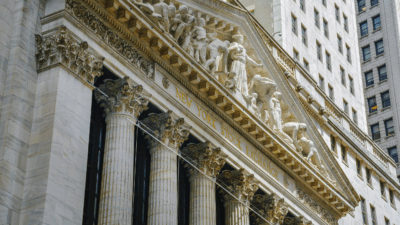Washington Wants More Rules, Bankers Have Concerns
Top bosses from eight major financial institutions appeared before a Senate committee to give their opinion on looming banking reforms.

Sign up for smart news, insights, and analysis on the biggest financial stories of the day.
Festivus is right around the corner, and big banking executives are already holding an airing of grievances.
On Wednesday, the top bosses from eight major financial institutions including JPMorgan and Goldman Sachs appeared before a Senate committee to give their opinion on looming banking reforms that were crafted in response to this spring’s near-industry-wide meltdown. And you’ll never guess: The executives aren’t too jazzed at the prospect of more regulation.
We’re in the ‘Basel III Endgame’ Now
The Silicon Valley Bank wipeout and subsequent bank runs that toppled First Republic and Citizens Bank led regulators to double down on their commitment to bring about the “Basel III endgame.” That’s their name for the final stage of sweeping reforms designed after the 2008 financial crash intended to fortify global banking standards. Essentially, the reform package calls for higher capital requirements based on a bank’s credit, market, and operational risks. You know, just to make sure they have enough money on hand in case stuff goes wrong. Or, as in the Great Recession, really, really wrong.
In “Basel”-related rules proposed in July, the Federal Reserve, the Federal Deposit Insurance Corp., and the Office of the Comptroller of the Currency called for big banks to increase their cash cushion by roughly 20% to avoid the crunch of another bank run. That’s among other reforms such as lowering late fees on credit card payments and limiting debit card interchange fees.
In response, JPMorgan CEO Jamie Dimon, Goldman Sachs CEO David Solomon, Citigroup CEO Jane Fraser, and the rest of the bunch on Wednesday appeared before the Senate Banking Committee and made it clear they were really just sticking up for the little guy:
- Chief among the executives’ arguments is that raising capital requirements will necessarily mean increasing the price or reducing the availability of loans, particularly to lower-income clients, whose existence he’s been assured of. The reforms would therefore be “punitive to economic growth,” Solomon argued.
- Equity Warrior Dimon, meanwhile, singled out the debit card interchange reforms, which he said would limit lower-income clients’ ability to open such accounts, since much of the revenue banks derive from some debit cards comes from those interchange fees.
One Democrat wasn’t buying it. “[Bankers] threaten that these capital rules will mean they can’t loan to small businesses and to homeowners,” committee chairman and Ohio Democratic Senator Sherrod Brown said. “They’re not doing it enough anyway. And they’re immensely profitable stock buybacks, huge dividends, huge profits at the expense too often of working families.”
Crypto Crunch: Crypto also came up on Wednesday, creating an unexpected meeting of minds. “The only true use case for it is criminals, drug traffickers … money laundering, tax avoidance,” Dimon argued, adding “If I was the government, I’d close it down.” That prompted Senator Elizabeth Warren, ostensibly the progressive thorn in Dimon’s side, to agree. Only Bitcoin bulls can bring everyone else together.











